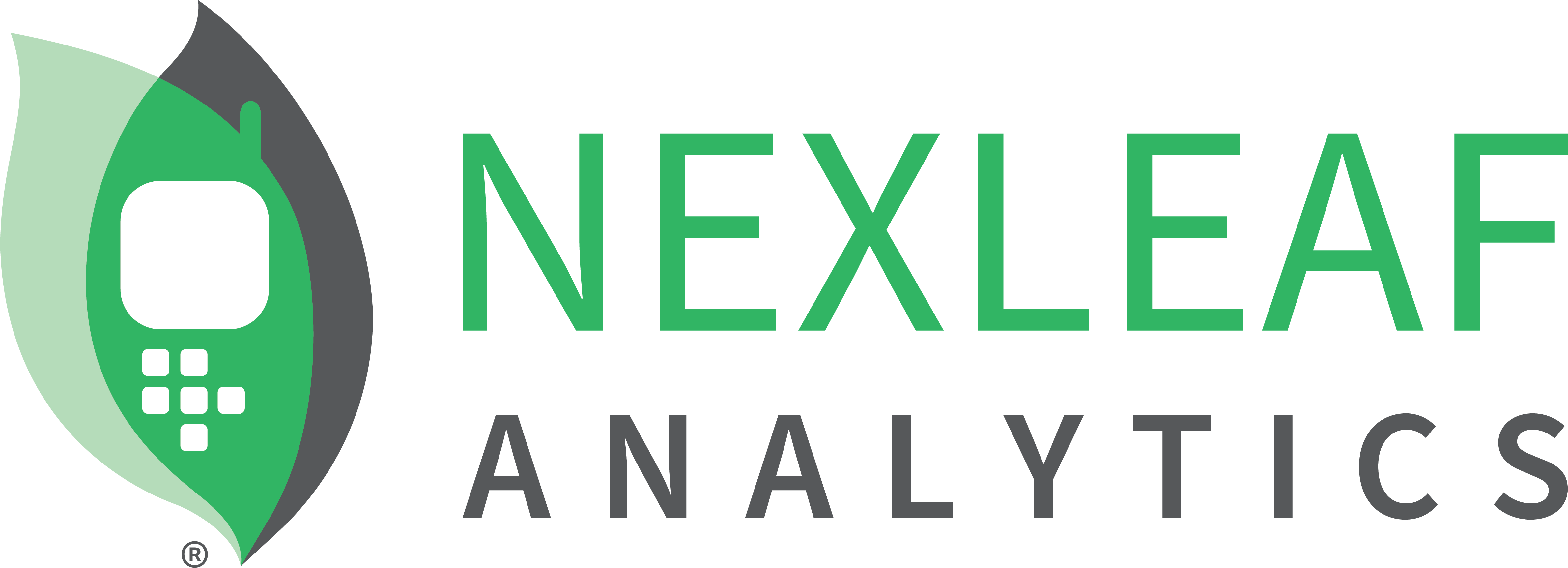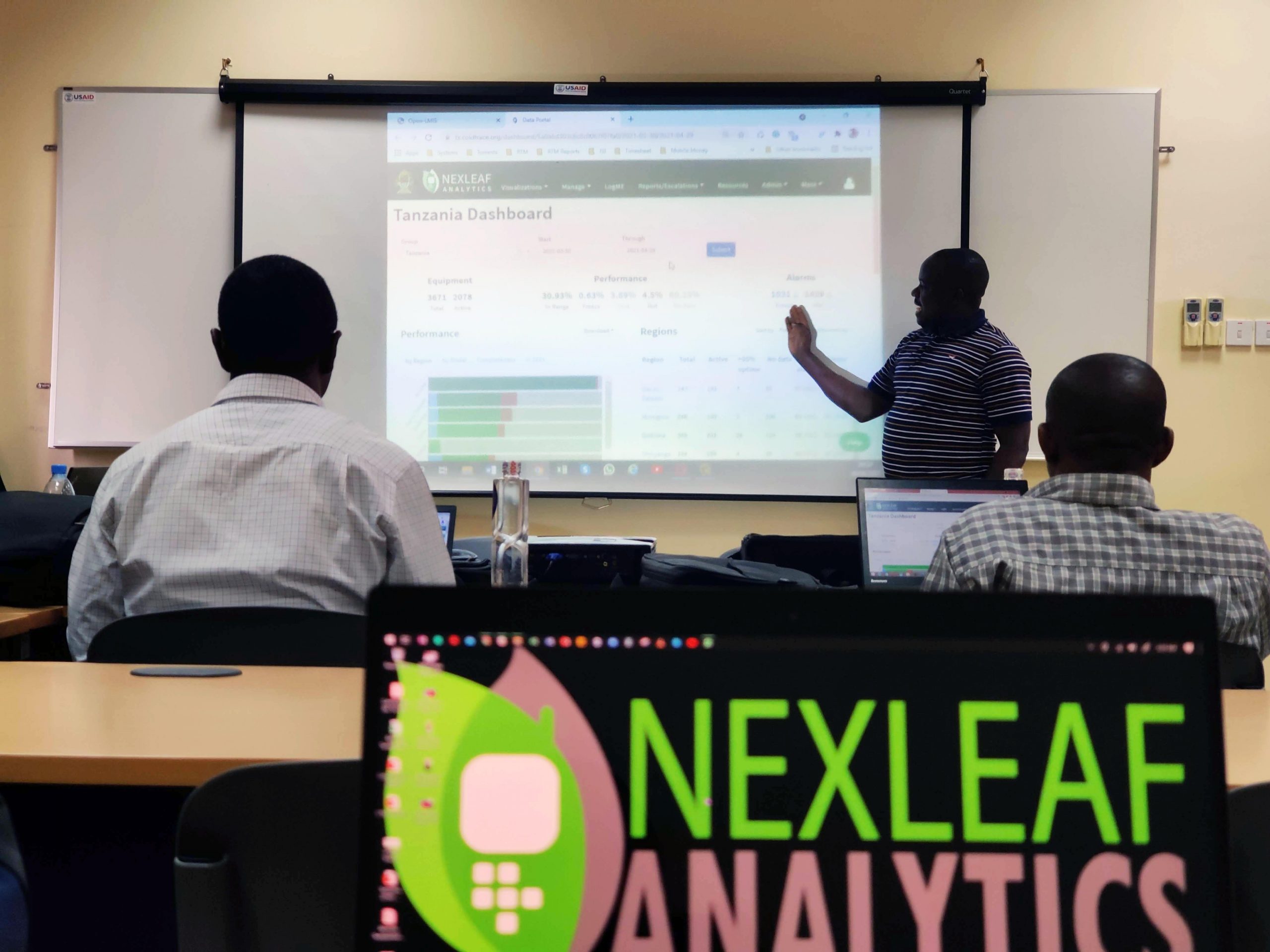As we build, design, refine, and scale data-driven solutions to big problems in global health, opportunities to work closely with our country partners are critically important.
Over the last four years, we’ve had the privilege to work alongside the Tanzania Ministry of Health and the President’s Office Regional Administration and Local Government (PO-RALG) as they tackle a pressing vaccine supply chain issue—temperature control. The ultimate goal of this partnership has been to make sure that vaccines remain potent throughout the whole journey from the national vaccine stores all the way to the recipient at the last mile. By mobilizing data from every part of the cold chain, from regional storage to district-level stores to health facilities, we are working together to ensure country planners have the data they need to make important decisions about vaccine logistics.
Within the Ministry of Health, the EPI’s Logistical Working Group focuses on vaccine procurement, transport, and distribution from the national level to the regional level. This group is responsible for making sure that all the information regarding those areas of focus is available in the Logistics Management Information System (LMIS), including the warehouse management updates, cold rooms, remote temperature monitoring (RTM) management, and transport monitoring.
The ultimate goal of the digital LMIS and RTM systems has always been to streamline and simplify EPI’s work by getting the right data to the right people at the right time.
From April 26 through April 30, 2021, Nexleaf’s Project and Data Manager, Hosea Kintu, participated in the Logistics Working Group training, along with ten personnel from the MoH and three JSI team members. Hosea was enthusiastic about this opportunity to:
• Hear first-hand from high-level managers about their experiences with RTM.
• Demonstrate RTM dashboard features to ensure all managers are getting the maximum possible benefit from this tool.
• Gather key feedback for Nexleaf’s product and technical team about any challenges, desired features, or questions the managers have to offer.
Hosea and the managers even had the chance to go through the live data on the dashboard and follow up on specific equipment and health facilities during the training. By taking action together, the whole group was able to not only observe but also participate in data-driven actions informed by RTM. “Because we acted upon some real examples of common issues, and demonstrated the types of decisions that one can make, it is my hope that the users will continue to take similar actions, and this will raise overall cold chain performance.”
Managers can also use RTM statistics as a way to set clear expectations and recognize proactive problem-solving by Ministry of Health personnel. This training was also intended to prepare the Ministry of Health data team to use the RTM data to develop their internal performance indicators for the supportive supervision teams’ tool.
Hosea was especially interested in ensuring users at all levels were aware of the scope of the data-gathering and the power of that information. “Because Tanzania owns the RTM data, building the government capacity means making it easier to build a culture of data for present and future managers.” Continuous engagement, retraining, and feedback is what will make RTM a lasting, useful component of the robust information infrastructure that supports Tanzania’s vaccine supply chain.
“From this training, I learned that the government is committed to using its resources to work with us and make sure they understand and benefit from all that RTM can offer. Because this venue proves to be very important in feedback sharing, I do believe that we can also initiate meetings like this in the future. I believe more occasions like this will help bring us closer to the users, and this is one of the best ways to get the users to share how they use the tools and what they need to improve their user experience.”

